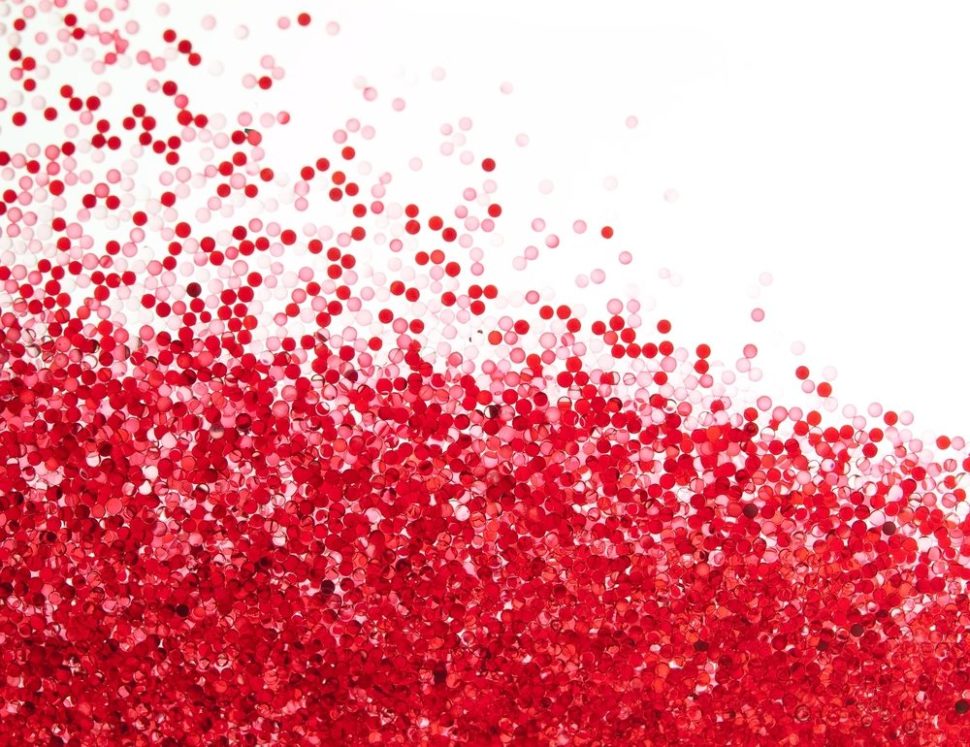Thanks to a special quantum effect, researchers have created a liquid that is 100 million times thinner than water and 1 million times less dense than air
Already an extremely complex notion, the laws of quantum mechanics have a added a new definition to the term “vacuum”.
By now, scientists have shown that a vacuum isn’t really “empty” or physically inert and that instead, it is permanently subject to quantum energy.
According to Heisenberg’s Uncertainty Principle, this vacuum quantum energy, which occupies the whole universe, is continuously fluctuating around its average value.
Check out this #quantum liquid 100 million times thinner than water.Click To TweetThese “quantum fluctuations” lead to the spontaneous appearance of virtual particle-antiparticle pairs which then immediately annihilate one another.
Now, scientists have for the first time demonstrated the amazing effect of quantum fluctuations by creating ultra-dilute droplets that behave like no other liquid.
Ultradilute Quantum Liquid
Researchers at the Spanish Institute of Photonic Sciences (ICFO), used ultra-cold atoms to make droplets of a quantum liquid that is a hundred million times more diluted than water and a million times less dense than air.
ICFO scientists have achieved this by cooling a gas of potassium atoms to a temperature of minus 273.15 degrees Celsius (minus 459.67 degrees Fahrenheit).
At these extreme temperatures, atoms begin to behave like waves (Bose-Einstein condensates) and start obeying the laws of quantum physics while still demonstrating the intrinsic property of gases that expand when there’s no container to hold them.
When two Bose-Einstein condensates that attract each other are mixed at temperatures close to absolute zero, they tend to clump together to form ultra-thin liquid droplets.
The atoms of these quantum droplets are extremely far apart, so much so that the liquid itself is diluted enough for a single spoonful to fill the area of an entire Olympic swimming pool.
Quantum Fluctuations at Play
“In many aspects, our potassium droplets are very similar to those of water,” said ICFO’s Cesar Cabrera, lead author of the study, “they have their own size and shape, regardless of where we put them, but they are much colder and their properties are quantum.”
Without a container, liquids and gases spill over. These quantum droplets, however, don’t collapse and instead hold their form thanks to the “quantum fluctuations” effect.
However, to stay stable, these droplets have to have a certain atomic number. Below this certain number, they would evaporate and transition from a liquid into expanding gas due to quantum pressure (a result of a particles’ perpetual motion).
Details of the study were published in the Science.



















Comments (0)
Most Recent